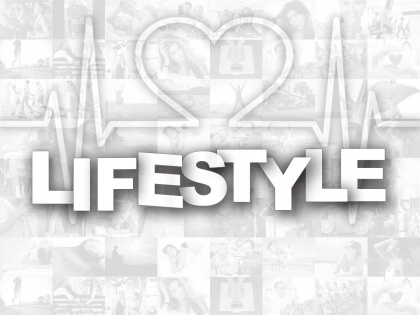AI coach helpful for teens enrolled in weight loss programmes: Study
By ANI | Published: May 18, 2019 10:53 PM2019-05-18T22:53:12+5:302019-05-18T23:05:02+5:30
A study has revealed that an artificial intelligence (AI) coach is helpful and effective for behavioural counselling of teens in weight management programmes.

AI coach helpful for teens enrolled in weight loss programmes: Study
A study has revealed that an artificial intelligence (AI) coach is helpful and effective for behavioural counselling of teens in weight management programmes.
The study published in the journal 'Translational Behavioral Medicine', demonstrated adolescents' willingness and positive reaction to engaging in SMS text conversations with the chatbot technology that simulates human interactions.
"Researchers at Nemours Children's Health System use innovative tools, such as telemedicine health coaching and text reminders, to help patients and families achieve their weight-loss goals, and overcome the time and resource demands of regular office visits," said Lloyd Werk, director of the Healthy Choices Clinic at Nemours Children Hospital in Orlando.
"A natural next step was adding an AI behavioural coach to allow more frequent and shorter interactions to keep patients engaged on the path toward healthier behaviours, as well as provide an extra layer of care outside of office hours," Werk added.
Nemours clinicians reviewed a library of goal setting behavioural interactions collected over five years.
The chatbot was also customised to interact on the goals of specific individuals, such as a teenage boy who committed to playing basketball to be more active and a girl who shared her interest in cooking and exchanged messages around healthy food choices.
Nemours' Healthy Choices Clinic enrolled 23 patients, ages 9-18, with obesity symptoms to participate in the pilot study to determine the feasibility of adding an AI component to complement existing treatment.
Over the course of 10-12 weeks, participants exchanged 4,123 messages with the chatbot in 270 conversations. The chatbot initiated most conversations (73 per cent), providing a total of 55 hours, 45 minutes of support, with an average conversation length of 12.5 minutes. Overall, participants indicated 96 per cent of the interactions were helpful.
Researchers said the two primary reasons that parents stop taking children to weight-loss programs is the inconvenience and cost of travelling for clinic visits. The chatbot was intended to reduce the dropout rate by providing 24/7 on-demand services to allow participants to engage during off-hours at their own frequency and intensity.
Nearly one in five conversations occurred outside typical office hours. The researchers also noted a potential benefit from the anonymous nature of the communication for improving help-seeking behaviours and decreasing stigma of seeking behavioural support. For example, one teen boy who was quiet during face-to-face encounters exchanged 425 messages.
Intensive behavioural counselling is considered a crucial part of effective weight-loss programs. Conversations were screened regularly by a psychologist to detect potential behavioural warnings. However, reading and responding to 4,123 texts would have taken as much as 137 staff hours.
Open in app